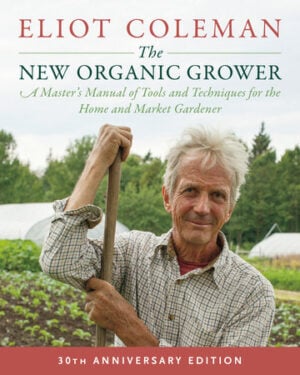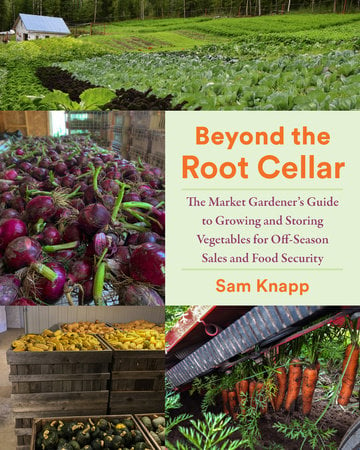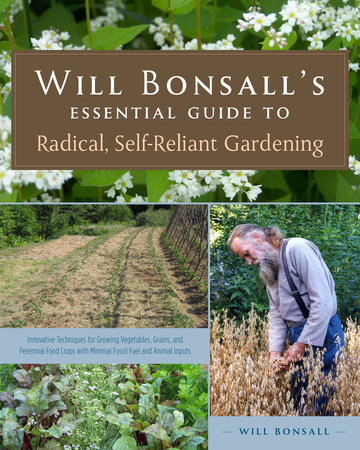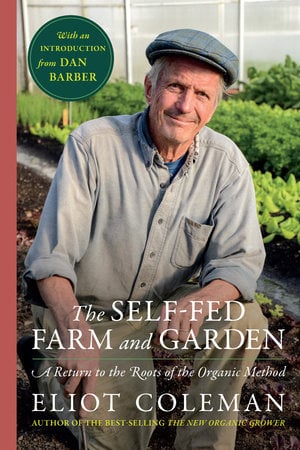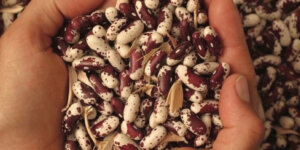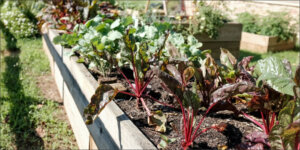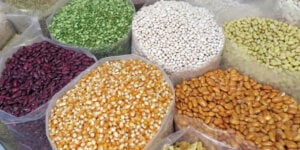Vegetable Farm Tips: The Keys to Efficient Veggie Production
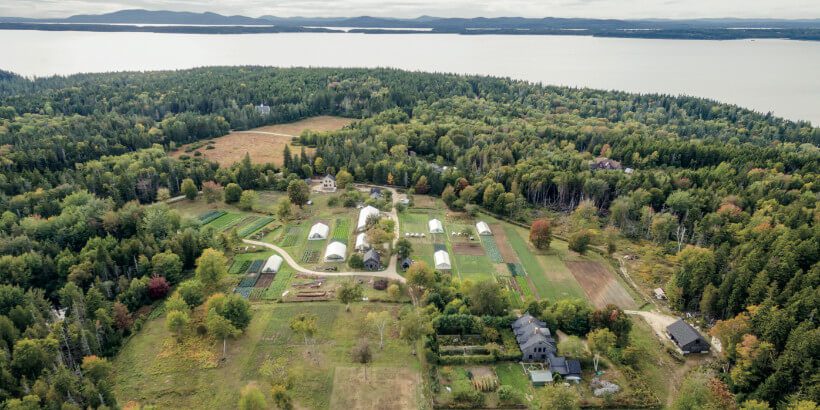
If the idea of running a vegetable farm sounds daunting, you’re not alone. What can you do to simplify techniques and reduce expenses? Where do you even begin? Well, young farmer, we’re here to help.
Eliot Coleman, a pioneer of organic gardening, has identified the four key areas to focus on when planning your small-scale, food-producing, farming venture.
The following excerpt is from The New Organic Grower, 30th Anniversary Edition by Eliot Coleman. It has been adapted for the web.
Starting A Vegetable Farm: Creating a System
I have been compiling and evaluating information on biologically based food-production techniques ever since I started farming. At first I collected this material as a commercial vegetable grower because I needed it to ensure the success of my own operation.
In the process I became aware of the enormous untapped potential of this way of farming and enthralled by the discovery and practice of the simple techniques of an agriculture that is in harmony with the natural world.
In order to develop a dependable vegetable production model, I concentrated on collecting information in four subject areas:
- How to simplify production techniques
- How to locate the most efficient machinery and tools
- How to reduce expenditures on purchased supplies
- How to market produce in the most remunerative manner
From my experience, these four areas represent the basic information needed for small-scale, economically successful, biologically based food production.
The first category explains how straightforward and rational a successful vegetable production system can be.
Although growing commercial crops is often considered for “experts” only, it most emphatically is not. The world of plants is vital, vigorous, and self-starting. Drop a seed in the ground, and it wants to grow.
The common wisdom possessed by successful farmers is that they understand how to help the seed do what it is already determined to do. The more successful the farmer, the better the understanding of how to enhance the natural processes without overwhelming them.
That simply stated idea is the key to successful organic food production.
Next is the importance of efficient and dependable machinery and tools that match the needs of small-scale production.
Small farmers can and do compete and succeed economically and practically when they have access to equipment scaled and priced within their means and designed for their specific tasks.
The fact that such useful and appropriate equipment was not readily available has been a contributing factor in the demise of the small farm and the concurrent belief that it cannot succeed.
All too often, unwarranted and problematic growth in farm size has been dictated by the need to justify expensive and oversized equipment because nothing else was available.
In order to find, try out, and modify the right equipment, I have looked all over the world.
The equipment ideas included in this book originated in many different countries. The recommended tools do their jobs admirably.
New models will no doubt appear in the future and should be even better. But I expect the basic relationship of the tasks to the system to remain fairly constant.
 Third, the economic success of any operation must be ensured.
Third, the economic success of any operation must be ensured.
In order to keep costs down, I emphasize the importance of “low-input production practices.”
By that I mean practices such as crop rotation, green manures, animal manure management, efficient labor, season extension, and so forth.
Production benefits are gained from careful management rather than expensive purchases. Not only will these practices save money in the short run, but they will also increase the stability and independence of the farm in the long run.
The more production needs are farm-generated or labor-saving, the more independent and secure the operation becomes. The farm and its economy cannot then be held hostage by the unavailability or high prices of commodities from outside suppliers.
The most stable farm economy is one that is built on the greatest use of farm-generated production aids.
Finally, no matter how successful I might be in the first three areas, it would be of little use to me if I did not have a successful marketing program.
Marketing has always been the make-or-break area for small-scale producers. Much depends on highly developed marketing skills that probably would not have led someone to farming in the first place.
The recent growth of farmers markets has in many instances helped the marketing of local produce. But there are other solutions. I have noticed on both sides of the Atlantic that farmers who enjoy the greatest economic success have found competitive niches in the larger marketing system.
The extent of this market for small-scale growers and ways to reach it are described in the chapter on marketing.
Recommended Reads
Recent Articles
How do you know if you’re picking the right seeds? Here are some easy tips on choosing the best seed crop for your garden.
Read MoreWhen you plan how you want your garden to look, you’re setting yourself up for success. Here are some tips on how to plan the best garden this growing season!
Read MoreTips for Seed Saving · Ready to unlock the power of seed saving? You either have dry seeds or wet seeds. Proper drying & storing is essential so they can germinate months (or even years) down the road. Begin your seed-saving journey today!
Read MoreLife just got a whole lot better with your own family cow . She will give you fresh milk, cream, butter, and cheese, build human health and happiness. Is this the simple life you’ve been dreaming of?
Read MoreGet ready for a buzz-worthy backyard! Beekeeping has surged in popularity as more people set up backyard hives. Embrace the buzz and transform your backyard into a thriving haven for bees!
Read More

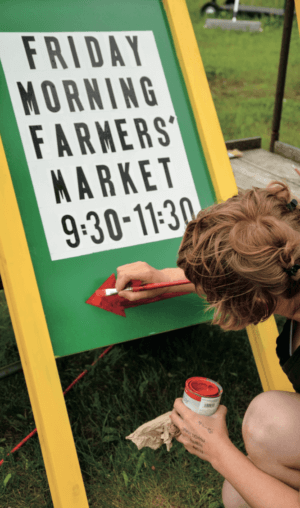 Third, the economic success of any operation must be ensured.
Third, the economic success of any operation must be ensured.